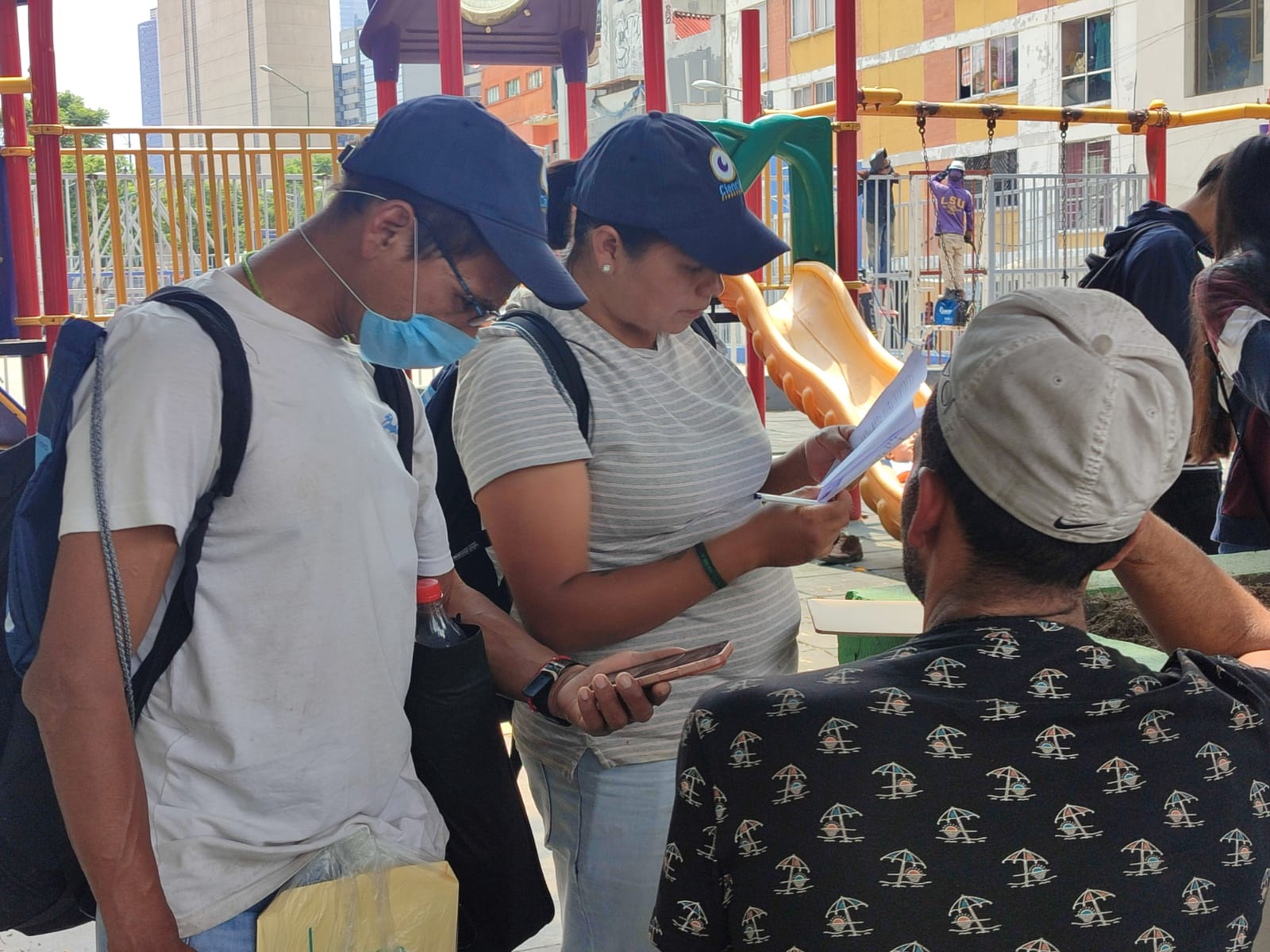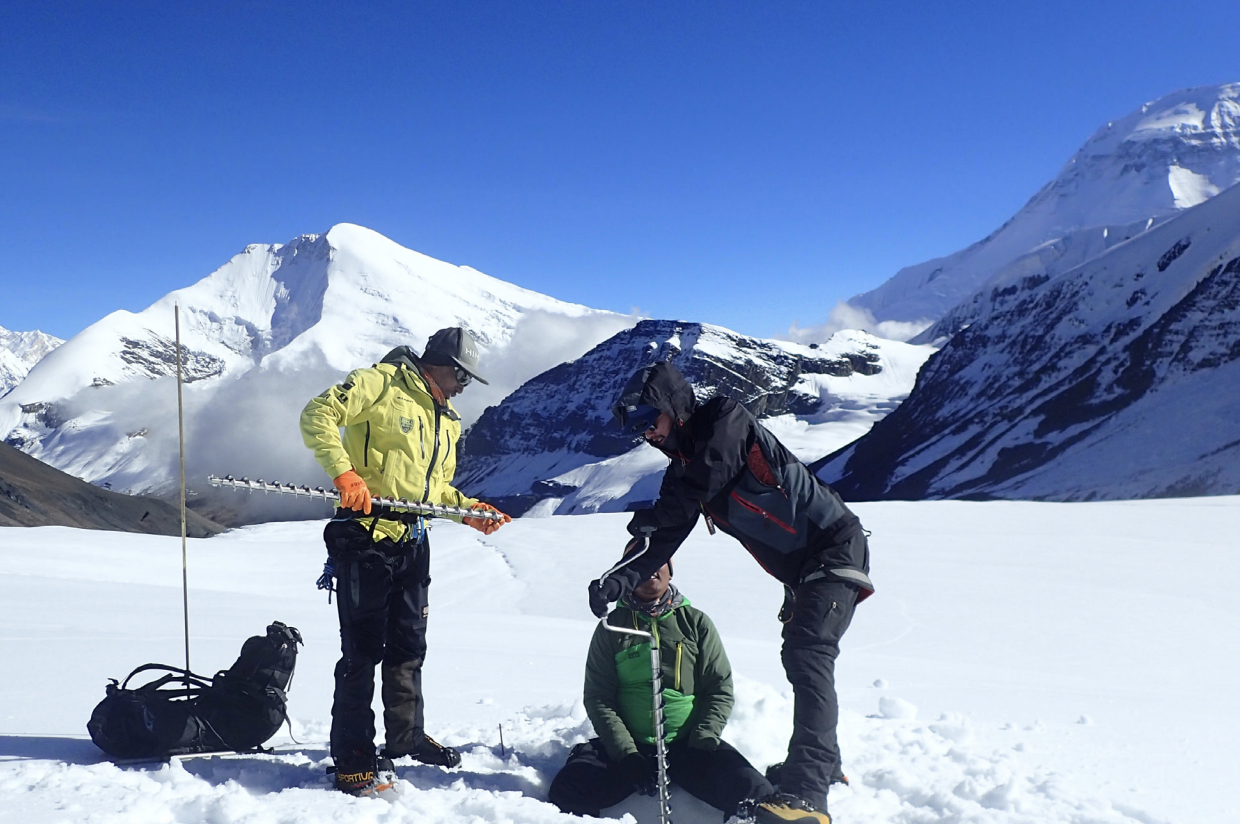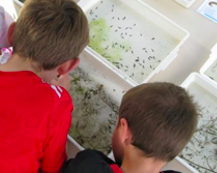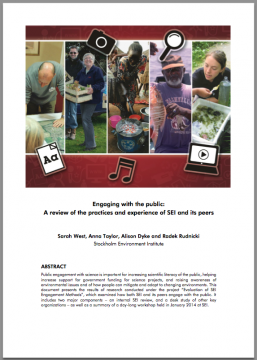Citizen science
Co-created Citizen Science
Citizen Science that is co-created with stakeholders and citizens to support the design, implementation, and outcomes of a project.
Mountain observations: Monitoring, data, and information for science, policy, and society
Explore this easy-to-read overview of the current state of multi-disciplinary mountain observations. Discover the different methods used to observe mountain environments, as well as the diversity of knowledge and data sources available to learn from.
Citizen science for monitoring air pollution
Learn about this 3-step approach used to engage local communities in monitoring air pollution levels, providing new insights into human health and how to mitigate and avoid pollutants using a citizen science approach.
Open Air Laboratories (OPAL) surveys
Discover how this citizen science resource can be used to support communities in carrying out their own urban environmental surveys on a range of topics, including air quality, biodiversity, and water quality.
Transformative adaptation of rivers in an urban context: An ecological infrastructure and socio-ecological toolkit
Ecological infrastructure plays an important role in the overall health of rivers. This toolkit supports users to design, plan, implement and finance ecological infrastructure.





